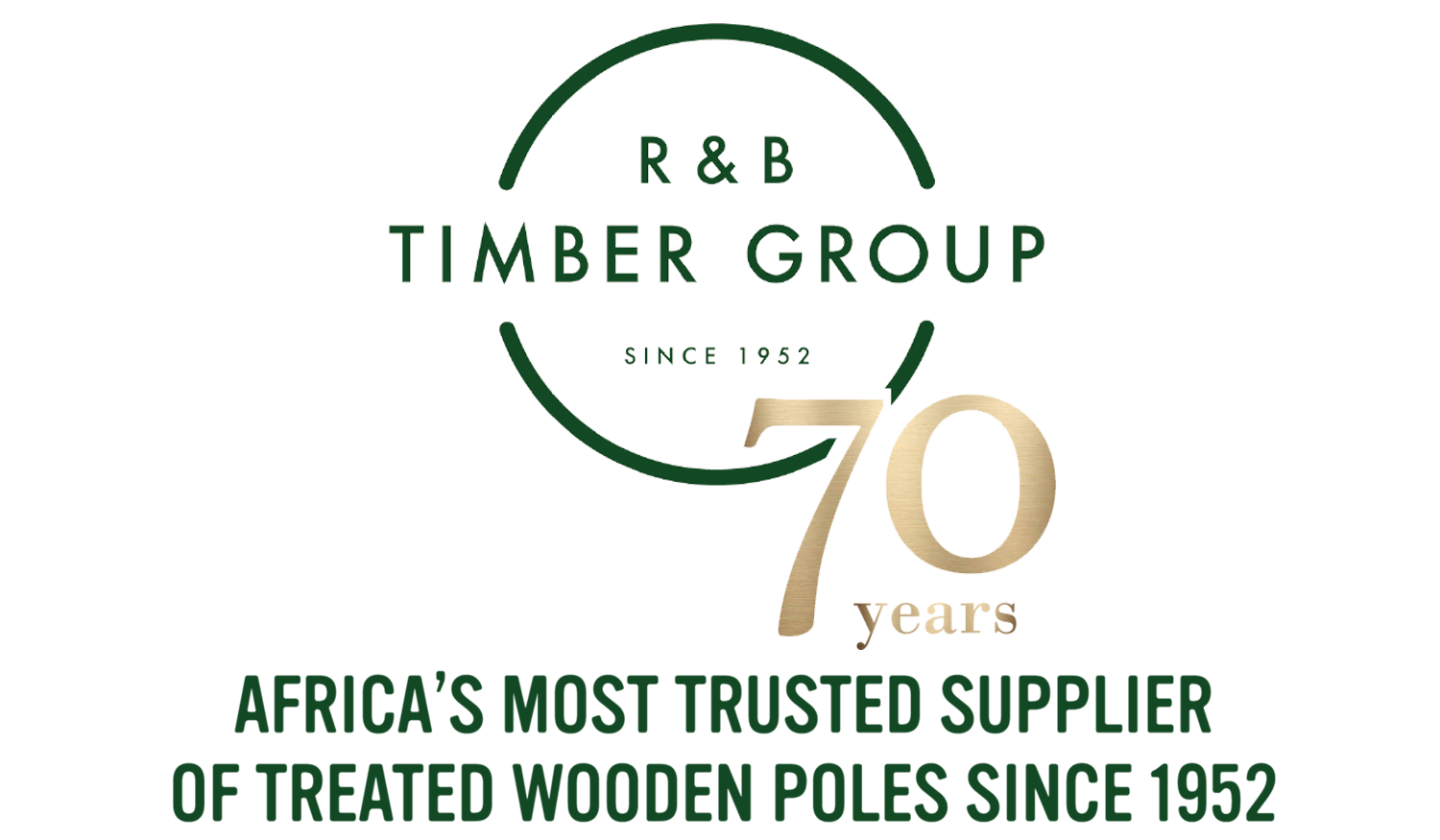What You Need To Know About Illegally Treated Timbers
Developing a sustainable forestry industry relies on close collaboration between private wholesalers, government regulations, and consumers - and in South Africa, illegally treated timber markets pose not only a threat to ethical business, but even consumers and the environment at large.
What is ‘illegally’ treated timber?
The ‘legal’, or regulated timber market, is a close collaboration between the Government Department of Agriculture, Forestry, and Fisheries and the commercial forestry sector. Both public and private enterprises work together to ensure that not only are raw materials such as timber and treatment materials procured in an environmentally safe and secure manner, but regulate the quality of goods to ensure that consumers can be offered the best possible product
‘Illegally’ treated timber operations do not comply with vital regulations and best practices, and rely on unsustainable timber harvesting practices or procure vital treatment materials or equipment through illicit means - sometimes including theft from regulated private business.
What requirements does the forestry industry have to comply with?
The South African National Regulator for Compulsory Specification outlines that compliant treated timber operations must possess:
A statement that the preservative treatment of timber complies with the requirements of the relevant product specification standard as set out in paragraph 12.4 of the latest edition of SANS (South African national Standard) 10005;
The type/s of preservative/s that is/are used in the preservative treatment of timber as set out paragraph 4 of the latest edition of SANS 10005 or relevant product specification standard;
The hazard class/es for which timber is treated as set out in paragraph 5 of the latest edition of SANS 10005; and
The preservative treatment process/es that is/are used in accordance with paragraph 8.2 of the latest edition of SANS 10005.
All wood preservatives used in South Africa must additionally be registered with the Department of Agriculture.
What makes illegally treated timber bad?
Regulation ensures that businesses provide, and customers receive a reliable and ethical product - however, illegally treated timber ignores these provisions and places customers (and their end use for the timber in question) at risk.
In one case observed by the National Regulator for Compulsory Specification, illegally treated timber providers do not actually ensure that their provided timber is adequately treated with the likes of CCA or Creosote - and instead dip timber in oil or paint to mimic such a treatment!
Is illegally treated timber bad for the environment?
Sustainably sourced timber ensures that forests are provided with sufficient time and rotation in harvesting to ensure that timer stocks can be replenished without impact on the environment, and that rare or protected species of flora can be safeguarded.
Illegally sourced timber ignores these safeguards, and can deprive the natural environment of sufficient protections to recover.
Timber treatment operations must also be conducted with strict compliance to national safety standards. Not only does this ensure the safety of those working to treat timber in the first instance, but also ensure that the natural environment is protected; illicit timber treatment plants may treat their product without vital protections to ensure that CCA and Creosote will not permeate ground or groundwater while adhering to wood.
How do I tell if I’m dealing with illegally treated timber?
Fortunately, there are a number of steps you can take to ensure that you are dealing with certified treated timber poles.
Treated timber will have
A manufacturer ID
A quality mark of approval - SABS or SATAS
A SANS National Standard Number (457)
The year the pole was produced
A code for the chemical treatment level and end use
How can I report illegally treated timber?
If you find a timber product that does not comply with these regulations, you can contact the National Regulator for Compulsory Specifications on 0124828835 or 0124828700.
Remember - while illegally treated timber may be offered at a cheaper or discounted rate, insufficiently treated wood is not reliable or usable for many building applications. Avoid being scammed, and do not waste your money!
